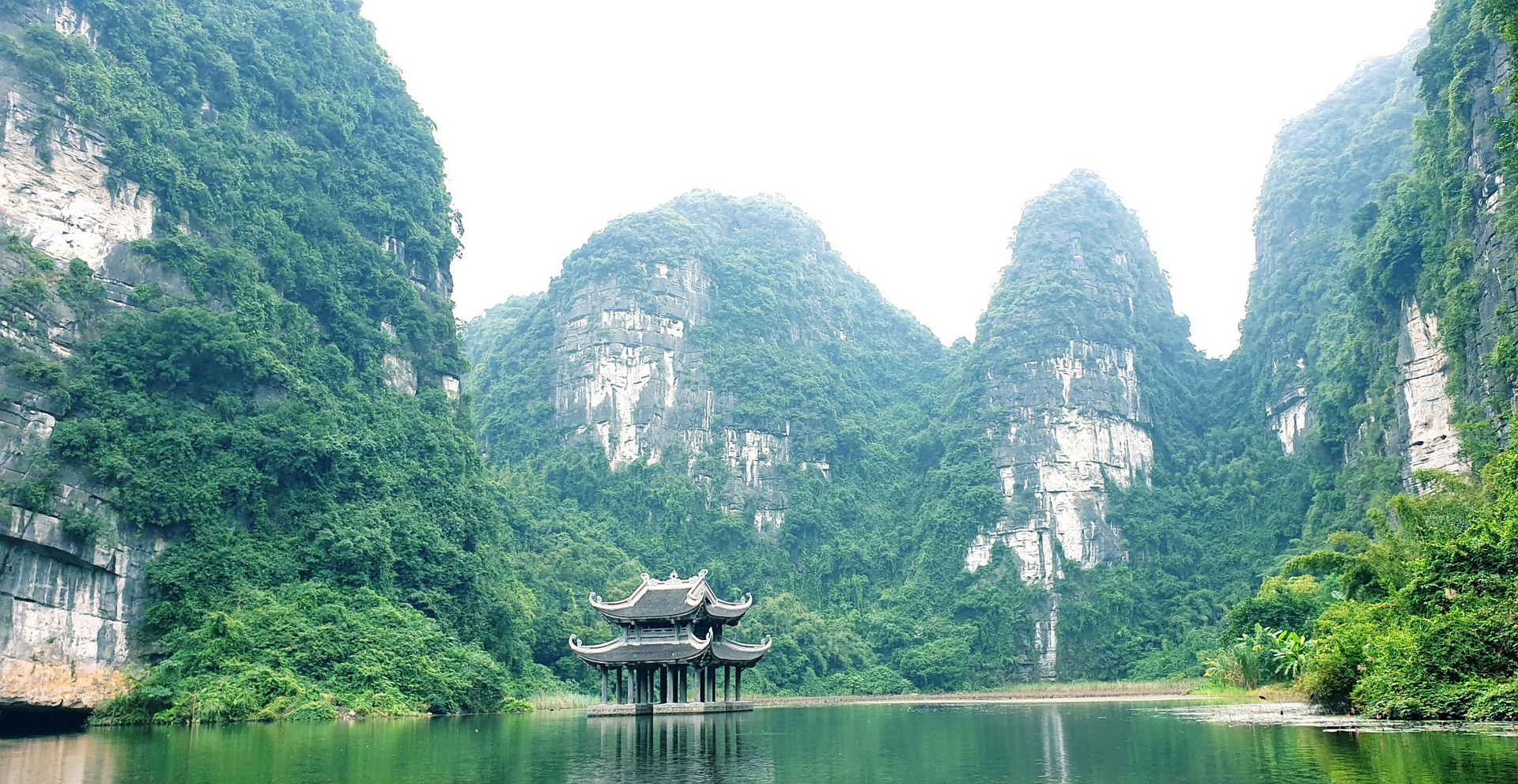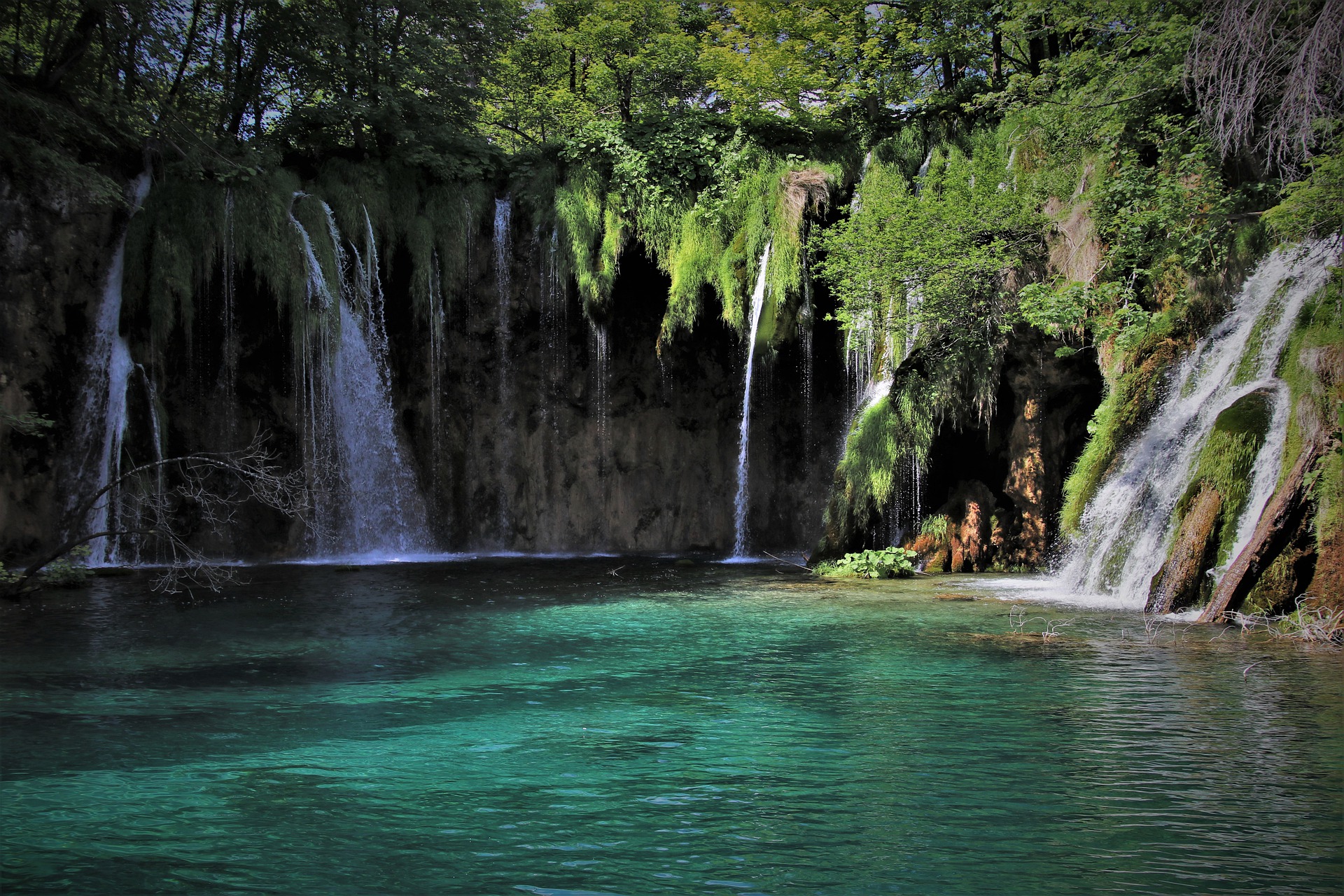What is the definition and significance of ecotourism? How can ecotourism harm the environment? Why is ecotourism developing and how does it differ from mass tourism and recreation? Let’s take a closer look at these issues.
Official definition of ecotourism
According to the International Society for Ecotourism (TIES), ecotourism can be defined as “responsible travel to natural areas that preserve the environment, support the well-being of local people and include interpretation and learning.” Such trips can be created through an international network of people, institutions and the tourism industry, where tourists and tourism professionals receive environmental education.
At the same time, the Australian National Ecotourism defines ecotourism as “environmentally sustainable tourism with a focus on exploring natural areas that promotes understanding, recognition and preservation of the environment and culture”.
Ecotourism: basic principles
TIES emphasizes some principles related to what ecotourism means: ecotourism not only minimizes physical, social, behavioral and psychological impacts, but also promotes a culture of respect and protection of the environment, while providing a positive experience for visitors and hosts . On the part of the host, the mindset of ecotourism creates value for locals and industry, and they should help deliver an unforgettable experience to visitors while increasing their sensitivity to local environmental, political or social issues.

Advantages and reasons for the growth of ecotourism
Among the reasons that help to understand why ecotourism is growing are:
- It is now easier to access remote ecotourism destinations thanks to cheap flights and accessible infrastructure;
- Many people are dissatisfied or feel dissatisfied with traditional tourist destinations and activities, so interest in complex and more informative tourism is growing;
- We are aware of the need to protect the environment and the desire to contribute to this cause;
- Travelers want to be perceived as different and environmentally friendly;
- Ecotourism can help protect environmentally sensitive areas and raise awareness of local environmental and social issues;
- It can also create income opportunities for local people.
Why join the ecotourism movement
Joining ecotourism is a way to ensure that the tourism industry continues to thrive and provide social and economic benefits to destinations and communities around the world. Ecotourism provides an opportunity to immerse yourself in the world of nature in a pleasant and effective way, which leads to greater compassion and better management of the wonders of nature left in the world.
Ecological aspect of ecotourism: it can also harm the environment
Despite the goal of protecting the environment, ecotourism can, even unintentionally, cause environmental damage because:
- Ecotourists often visit (already very) environmentally vulnerable areas that are at risk of collapse or erosion;
- Wildlife disturbances, removal of vegetation (for example, for plant collection) and increased waste generation through visitors are also likely consequences of ecotourism;
- Some visits are made during sensitive periods, such as breeding or hatching periods;
- There are hidden effects, such as fuel consumption for air or road travel;
- There is a risk of transforming ecotourism into mass tourism with a huge
- impact at various levels other than the environment;
- External influences, such as land clearing for infrastructure construction (roads, hotels), are also relevant.

Ecotourism versus conventional (mass) tourism: what’s the difference?
- Ecotourists who travel to natural places have a better chance than mass tourists who seek a lot of entertainment, cultural attractions and lively life of big cities;
- Ecotourism usually means that travelers organize their own trips, while mass tourism relies on more travel agents and tour operators;
- It is expected that many different services will be involved in mass tourism, while in the field of ecotourism only a few services, if any, are involved;
- Ecotourism is usually associated with nature (for example, hiking and trail exploration, bird watching or reef diving) and therefore requires a lot of physical effort, while typical tourism is more comfortable and less physical;
- Small groups and long stays are also common for ecotourism travelers, while mass tourism often relies on large groups stopping for short periods of time;
Ecotourism and recreation
Like ecotourism, “recreation” is also a term that denotes an idea with less impact on the environment. Vacation, ie a vacation spent at home or near a home, rather than a trip to a remote location, can potentially cause less damage to the environment because less fuel is used (or no fuel at all if we consider electric cars). It also means that more money is spent locally or nationally, and this consumption helps strengthen the economy, sustains existing or new jobs, and increases sustainability at the local level.

